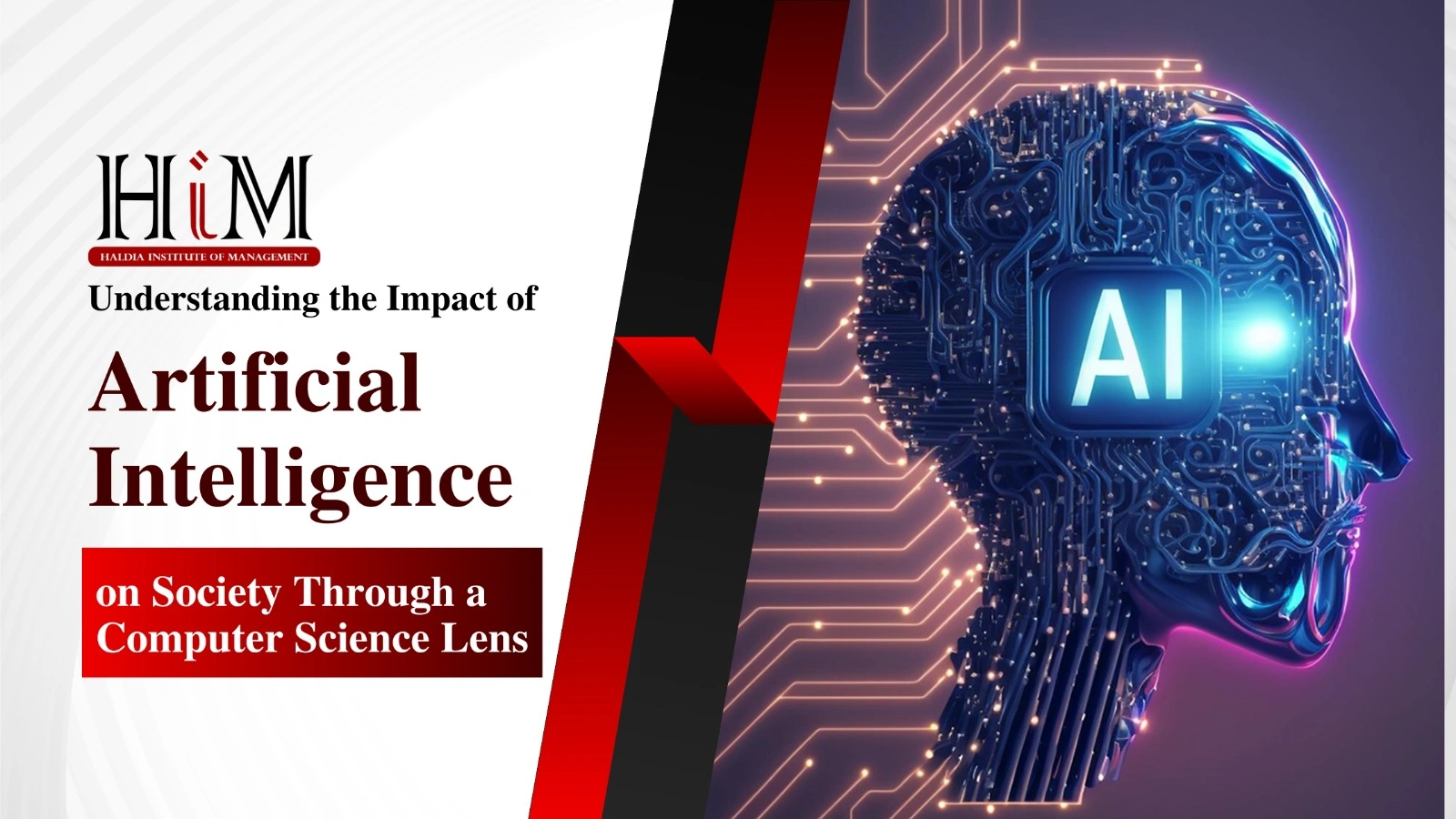
In the era of rapid technological advancement, artificial intelligence (AI) has emerged as a transformative force, reshaping the way we live, work, and interact with the world around us. The Haldia Institute of Management, recognized as the best management college in West Bengal, is at the forefront of integrating AI education within its computer science programs. This approach not only equips students with the technical skills needed to excel in the field but also provides them with a comprehensive understanding of AI's broader societal impacts. Let's explore the ethical, social, and economic implications of AI developments as taught through the lens of computer science.
Ethical Implications
The rise of AI has brought forth a myriad of ethical considerations that are critical to address. Computer science programs at leading institutions like the Haldia Institute of Management emphasize the importance of ethical AI development. This includes ensuring AI systems are designed with fairness, transparency, and accountability in mind. Students are taught to consider the moral implications of AI applications, such as the potential for bias in machine learning algorithms and the importance of safeguarding privacy and personal data. By embedding these ethical considerations into the curriculum, future technologists are better prepared to navigate the complex moral landscape of AI development.
Social Implications
AI's social impact is profound, affecting everything from employment and education to healthcare and entertainment. Computer science courses delve into these changes, encouraging students to think critically about how AI technologies can be harnessed to benefit society. For instance, while AI can automate tasks, leading to concerns about job displacement, it also has the potential to create new job categories and improve productivity. Moreover, AI applications in healthcare, such as predictive analytics for disease prevention, highlight the technology's capacity to enhance human well-being. Students are encouraged to explore these dualities, fostering a balanced perspective on AI's role in society.
Economic Implications
The economic ramifications of AI are equally significant, promising both challenges and opportunities. AI-driven innovation is a key driver of economic growth, offering the potential to improve efficiency across various industries. Computer science programs at the Haldia Institute of Management examine these economic trends, preparing students to contribute to and thrive in an AI-augmented economy. Discussions around the digital divide and the need for equitable access to AI technologies ensure that students are aware of the importance of inclusivity in the AI-driven future.
Preparing for a Responsible AI Future
The Haldia Institute of Management, as the best management college in West Bengal, recognizes the importance of preparing students for the ethical, social, and economic challenges posed by AI. Through a curriculum that balances technical proficiency with a deep understanding of AI's broader implications, graduates are equipped to lead responsible AI initiatives. This holistic approach ensures that students not only excel as technologists but also as thoughtful contributors to society, capable of leveraging AI to address pressing global challenges while navigating its complexities with ethical integrity.
Conclusion
The impact of artificial intelligence on society is multifaceted, encompassing ethical, social, and economic dimensions. By viewing these developments through a computer science lens, students at the Haldia Institute of Management gain a nuanced understanding of AI's potential and pitfalls. As we stand on the brink of an AI-driven era, it is imperative that the next generation of computer scientists and technologists are prepared not just technically, but also ethically and socially, to steer AI development in a direction that benefits all of humanity.
